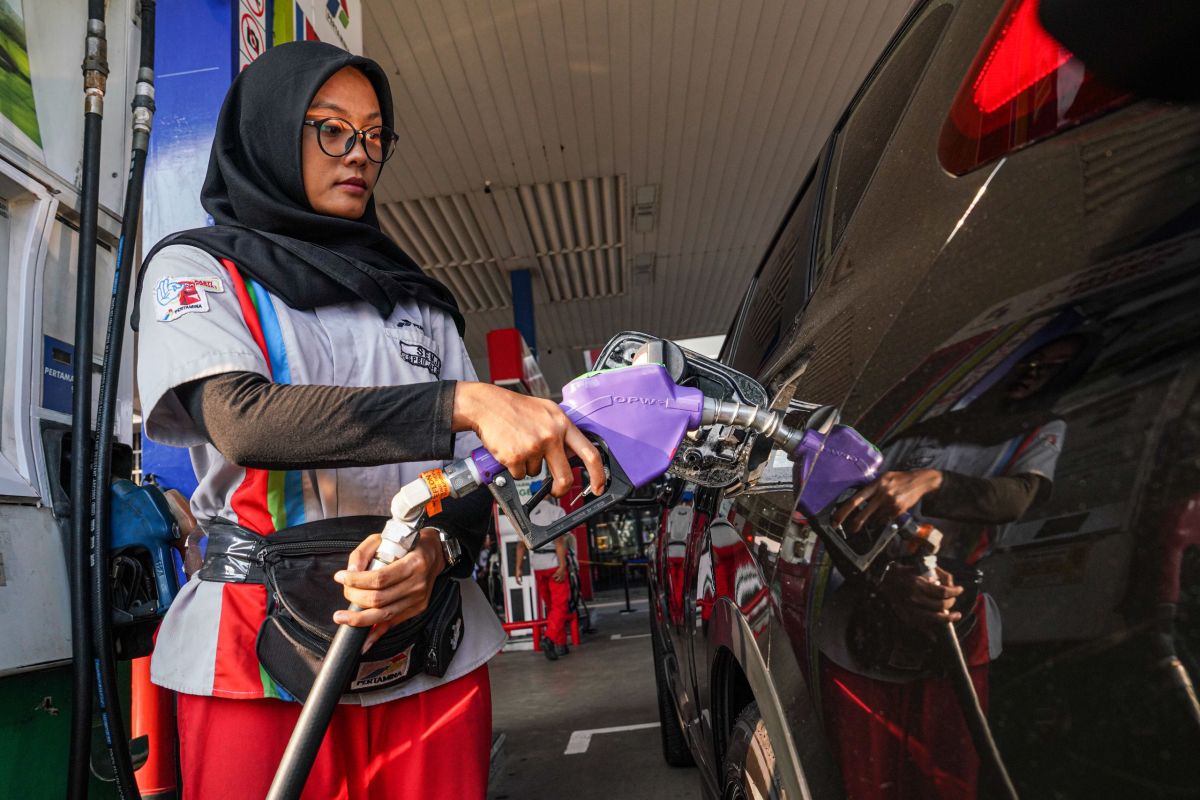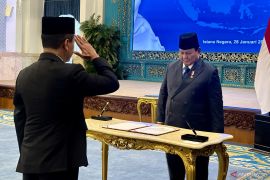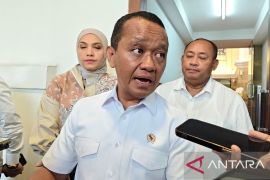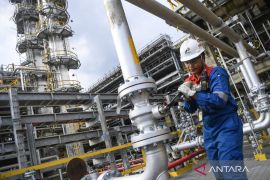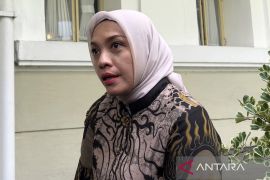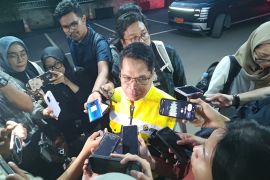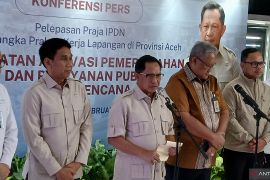The ministry said on November 7 that British Petroleum (BP), through its joint local venture BP-AKR, had ordered another 100,000 barrels of base fuel from Pertamina after securing the same volume in late October. BP stations have since resumed selling RON 92 fuel.
Negotiations between Pertamina and private operator Vivo are also close to completion, according to the ministry.
The development follows Energy and Mineral Resources Minister Bahlil Lahadalia’s decision not to grant further quota increases this year beyond the 10 percent addition already provided to private fuel importers.
In September, the minister shifted 571,748 kiloliters from Pertamina’s remaining import allocation of 7.52 million kiloliters to private retailers to maintain their supply through December 2025.
He said the ministry must ensure domestic energy availability while safeguarding Indonesia’s trade balance, noting that fuel imports still exceed national production.
In 2024, Indonesia imported 330 million barrels of oil, comprising 128 million barrels of crude and 202 million barrels of refined products, while domestic production reached 212 million barrels.
The ministry’s Director General of Oil and Natural Gas, Laode Sulaiman, said the government is considering a 10 percent quota increase for private companies next year, although their 2026 allocation has not been finalized.
Boosting oil output, developing clean energy
Indonesia is pursuing higher national production and cleaner energy sources to reduce its reliance on fuel imports. The government has offered 75 oil and gas blocks under the revised gross split scheme and launched the 10-percent ethanol blend (E10) policy.
As of September, national oil output reached 619,000 barrels per day, exceeding the 2024 State Budget target of 605,000 barrels per day and marking the first such achievement since 2008.
Indonesia remains heavily dependent on imported gasoline. Last year, gasoline imports reached 22.8 million kiloliters, or 62.23 percent of supply. This year’s supply is projected at 37.3 million kiloliters, with imports accounting for 63 percent.
By 2030, gasoline demand is forecast to reach 42.1 million kiloliters, with imports potentially rising to 27.81 million kiloliters, or 66.10 percent of supply, without significant policy intervention.
To address the issue, the ministry is preparing an E10 implementation roadmap, drawing on Indonesia’s success in reducing diesel imports through the B40 biodiesel program, which saved US$40.71 billion between 2020 and 2025.
Indonesia has also signed a memorandum of understanding with Brazil to expand renewable energy cooperation and learn from Brazil’s long-running ethanol blending program.
Strengthening domestic ethanol capacity
Indonesia will need at least 1.4 million kiloliters of ethanol to implement E10 nationally in 2027. Lahadalia said the government plans to meet this demand domestically by developing ethanol plants using cassava, corn, and sugarcane.
A sugarcane-based ethanol facility is planned in Merauke, South Papua. The government has identified 920,000 hectares of potential land across 18 provinces as part of a 1-million-hectare target for ethanol feedstock.
To attract investment, incentives such as tax holidays will be offered to companies building ethanol plants in Indonesia.
Public concern has surfaced regarding ethanol’s hygroscopic nature. Professor Ronny Purwadi of the Bandung Institute of Technology clarified that ethanol’s ability to absorb water does not automatically lead to corrosion, particularly for coated metals or equipment kept dry.
He said E10 could help lower sulfur levels in Indonesia’s fuel supply, which average 1,500 parts per million, far higher than the Euro V standard of 50 parts per million. Ethanol blending also reduces emissions by producing no solid carbon residue.
The ministry will coordinate with automotive manufacturers to test E10 in Indonesia’s tropical climate. Vehicles released after 2000 are generally compatible with 10-percent ethanol blends.
Lahadalia said efforts to manage fuel imports, strengthen national production, and develop clean energy reflect the government’s commitment to energy self-sufficiency as mandated by President Prabowo Subianto.
Related news: Indonesia maps out 920,000 ha of land for ethanol production push
Related news: BP orders another 100,000 barrels from Pertamina to ease shortages
Translator: Putu Indah, Tegar Nurfitra
Editor: Anton Santoso
Copyright © ANTARA 2025
